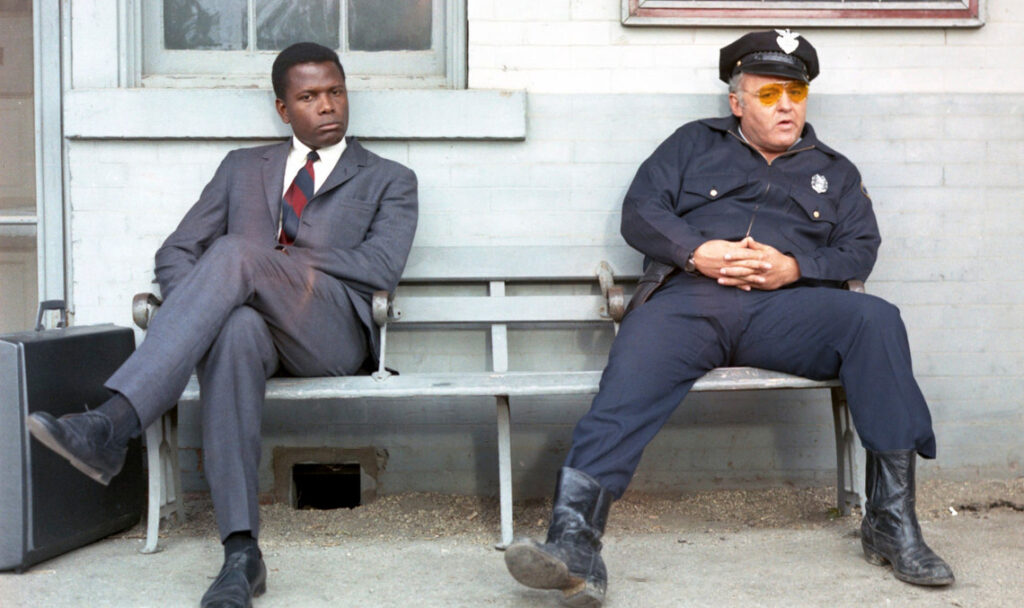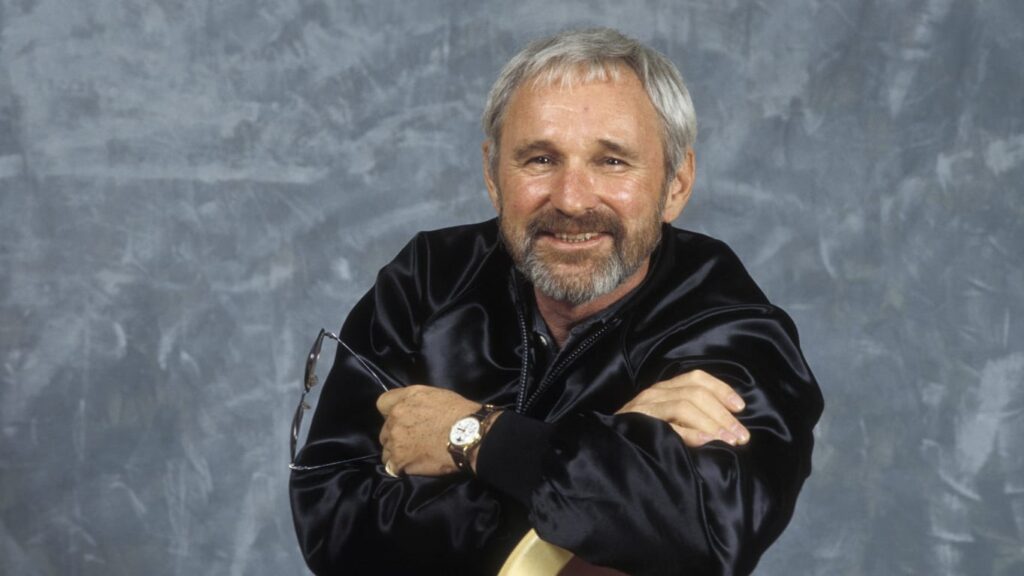LONDON – ‘What do you do?’ asked Sen. Robert F. Kennedy. ‘I make movies,’ said Norman Jewison. The former U.S. attorney general, brother of a slain American president, and the Canadian director ,who was building a successful career in Hollywood making studio feature films with big stars, met by chance in Sun Valley, Idaho, in 1967.
Jewison told me about it during the the 38th Ghent International Film Festival in Belgium in 2011 where he received a lifetime achievement award. I had asked how he accounted for the prominent success of the Toronto International Film Festival – he had been on the board of directors at the outset – and the Canadian Film Centre, which he founded in 1988.
‘They’ve gotten better and better and it’s all timing,’ he said. ‘It’s what Robert Kennedy told me, “Timing is everything, Norman. In politics and art, and in life itself.”
On separate family skiing vacations in Sun Valley, they met at a hospital. ‘Our kids both broke a leg in the same race and there happened to be a bone doctor right there in Hailey. I was waiting for the cast to be put on and there was Robert Kennedy, just the two of us waiting.’
When Jewison said what he did for a living, Kennedy asked him what kind of films he made. Yhe filmmaker was about to begin shooting ‘In the Heat of the Night’ (pictured above, Sidney Poitier and Rod Steiger) so he said, ‘Well, I’m doing a film about an American sheriff in Mississippi and there’s a murder in town. There’s a black detective from Philadelphia who’s visiting his mother and they pick him up as a suspect. Then the sheriff finds out he’s a cop from the north and you have this relationship between the two of them as they try to solve this crime involving this white man who has been killed who was about to built a factory in the town. I said it was about tolerance, about the relationship of two men who are both cops, white and black. There was a pause, and then he said, “This could be a very important film, Norman.” I had never thought of it that way. He was the only who ever told me that he thought it could be an important film. The only one. He said: “Timing is everything.”’
The picture came out and was a hit with critics and audiences.
‘Now, dissolve,’ Jewison said. ‘It wins the New York Critics’ Circle Film Award, so I thought, well, that’s good; that helps with the Academy. So I went to New York and they have this little thing in Sardi’s. Who’s presenting the prize? The senator from New York, Robert Kennedy. When I went up to get the award, he said, “See, I told you the timing was right.”’
Jewison went on to make his glorious, underrated newspaper saga ‘Gaily, Gaily’ (aka ‘Chicago, Chicago’) with a fine cast that included Greek actress Melina Mercouri, who had gained international fame in the 1960 romantic comedy ‘Never on Sunday’, written and directed in Greece by her American husband Jules Dassin, who had been blacklisted in the Hollywood communist witchhunts.
‘When I was doing ‘Gaily, Gaily’, Melina Mercouri wanted to meet Kennedy,’ Jewison said. ‘She was ex-communicated from Greece by the junta, by the fascists. She and Jules Dassin. I had arranged to take her to meet Bobby Kennedy at John Frankenheimer’s house in Malibu. That was the night he was killed at the Roosevelt Hotel, 9:30. Melina just went crazy.’
Jewison also was affected deeply. ‘I think that was the reason I left America and went to London in 1970,’ he said. ‘I was emotionally disillusioned. Marching at Martin Luther King’s funeral and then Bobby killed after his brother had been killed, I said, jeez, I gotta get out of this fucking country. Nixon’s president, Reagan’s governor, I gotta get out of here. So I left and went to Europe and lived there for the next eight years. I did ‘Fiddler on the Roof’ in Yugoslavia, now Croatia. I did ‘Jesus Christ Superstar’ in Israel and ‘Rollerball’ in Munich.’
He stayed away for most of the Seventies and then went back to Canada. He kept his home in Malibu, where he died aged 92 on Saturday. ‘I’ve always felt a little outside in Hollywood but I like the people,’ he said. ‘I like the industry. That’s the head and the key to the industry, so I still go back.’
His return to his homeland meant that he was there when I created a supplement about movies called Bigscreen for Canadian TV Guide, the biggest-selling store-bought magazine in the country. After several issues, in August 1084, a letter arrived from Norman Jewison that read, ‘I have followed TV Guide’s Bigscreen supplement with great interest since its inception. Bigscreem filled a need which no other television magazine has had the foresight to accommodate. It exposes the reader to information on upcoming feature films which the filmgoing public wants and needs to know. I applaud the integrity and intelligence with which this supplement is put together.’
Timing, as RFK said, is everything.


